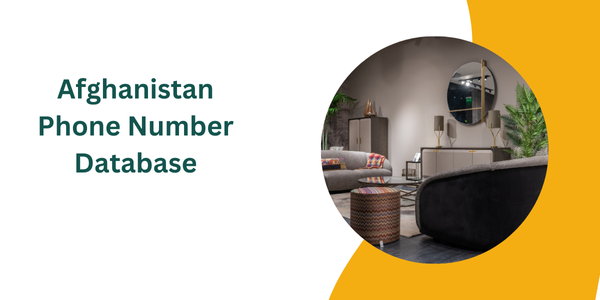|
|
The rapid adoption of mobile phones has led to a need for more phone numbers to accommodate users. This demand has sparked regulatory changes, with governments overseeing the allocation of new area codes and phone number blocks. However, the growth of mobile phones also means that regulations must evolve to address issues such as number portability, where users can switch carriers while keeping their phone number. Governments have played an essential role in establishing rules that ensure this process is seamless for consumers. Voice over Internet Protocol (VoIP): VoIP technology, which allows users to make voice calls over the internet rather than traditional phone lines, has also raised regulatory challenges.
Governments have had to determine how to treat VoIP numbers differently from traditional landline numbers and ensure that they are properly integrated into emergency services and public safety networks. For instance, regulations afghanistan phone number database in the U.S. have required VoIP providers to offer emergency call services that accurately reflect the user's location, even though VoIP does not necessarily rely on fixed physical lines. Evolving Communication Platforms: Messaging apps, social media services, and other internet-based communication tools now offer users a new way to connect without the need for traditional phone numbers. This shift has prompted governments to examine how these platforms fit into existing regulatory frameworks.

How should they be treated when it comes to privacy concerns, consumer protections, and fraud prevention? Governments must adapt to these technological shifts to ensure that phone number regulations keep pace with emerging trends. International Variations USA Phone number Database in Phone Number Regulation Phone number regulations are not uniform across the globe. Each country, and often each region, has its own regulatory body and rules surrounding phone number allocation and usage. As governments change, regulations can either become stricter or more lenient, depending on political agendas, economic goals, or the pressure from new technologies. For instance, in the European Union, number portability regulations were introduced to foster competition in the telecommunications market.
|
|